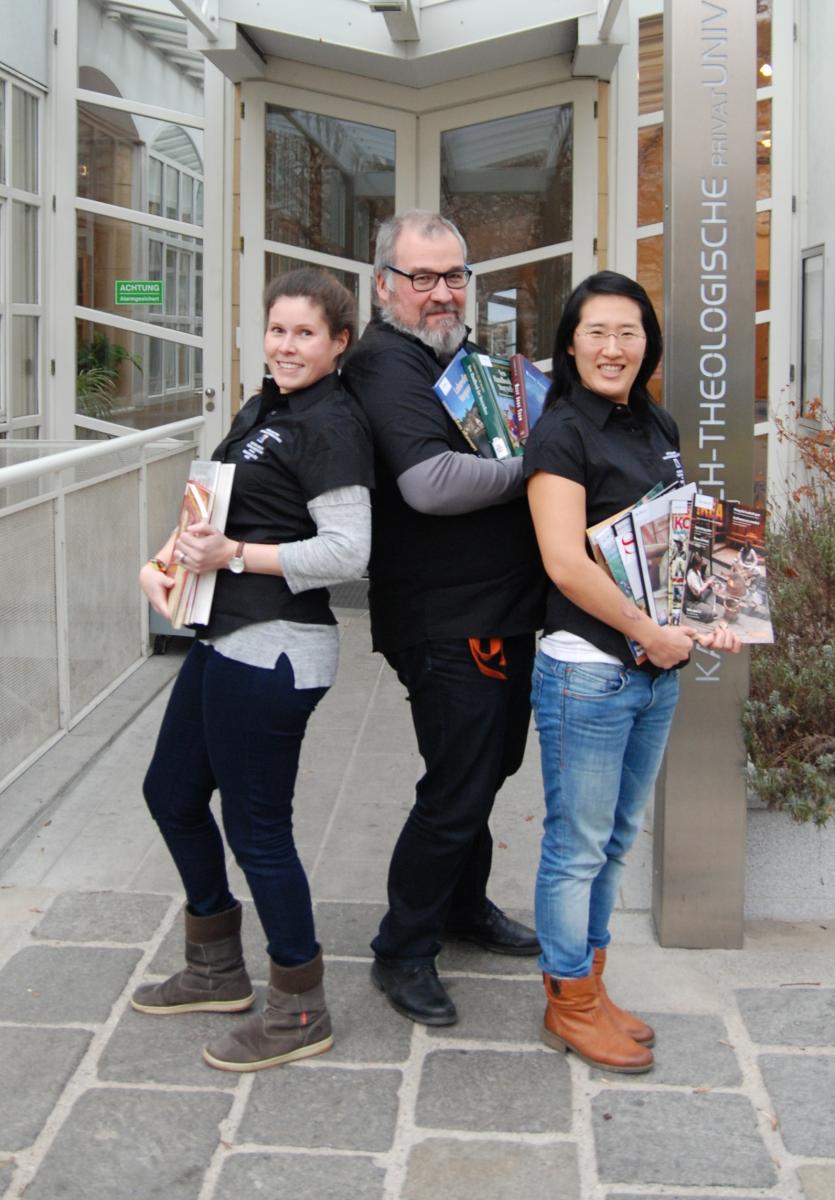

Anyone wishing to know what has been written on the subjects of historical interpretation, museum theatre, storytelling, experimental archaeology, reenactment and chautauqua is faced with a challenge. Not so much the challenge of the scarcity of bibliographical references, but rather that of the difficulty of gaining access to a reliable database containing a broad selection of bibliographical references grouped by affinities. The bibliographic database “Interpretation” seeks to fill this gap.
What is a Bibliographic Database
Information about printed and electronic books and articles in periodicals can generally be found in a bibliographic database which is a repository of bibliographic or publication records. It provides an index of books and articles and generally includes title, author, abstracts, reviews and may also include links to full-text content. A database can be searched (queried) through search interfaces that facilitate construction of queries, or directly by using specialized languages.
Purpose of a Living History Database
As a project of the Catholic University of Linz library team, the purpose of the co-operative and multilingual database “Interpretation” is to improve the accessibility of publications about all aspects of living history. “Interpretation” contains reliable and comprehensive references from the entire world to contemporary trends in living history found in books, journals, so-called “Festschriften” (publications on jubilees), periodicals, and other media and is a unique resource, freely available to all. Therefore, as a service to the interpreter community it helps collecting, accessing, sharing and disseminating data in the field of living history and can be a central starting point for anyone looking for information on the subject.
It is based on the literature which the Catholic University of Linz acquires within the scope of its special collection in living history. All types of publications, both peer-reviewed and grey literature, are included. It covers titles representing international, regional, country-by-country as well as thematic perspectives. Within this special collection are, among other things, more than 4,000 records from over 35 multilingual journals and periodicals. The majority of the journals are in English or German. A smaller number is in French, Dutch and Italian. More than 1,500 articles have a link to full text, and more than 3,000 articles have an abstract. If the full text of a citation is available on the internet, you will see an embedded link accompanied by the word “Full Text”. However, most publishers restrict access to the full text of their material by IP address, that is the unique number each PC gets on the internet. So often you might find that you cannot access an article, especially in a home situation. In this case you will either have to go to a (university) library that has the materials you need or go to the inter-library loan department of any library. Most “Interpretation” records can be ordered by your local library on interlibrary loan for you. You may also send us an order via email.
The database is regularly updated by the university’s “Interpretation” team to take into account new books and articles produced throughout the world on the subject of living history.
This Database is a Free-of-Charge Service of the University Library of the Catholic University of Linz
Editors:
|
Ingo R. Glückler Phone: +43 70 7842934120 |
Andreas Sturm Phone: +49 241 151052 |
Disclaimer:
The Catholic University of Linz is not responsible for the content of external Internet sites. Links with them do not necessarily represent recognition by the Catholic University of Linz of any entities to which these sites refer.
Further information on interpretation

If you would like to know more about interpretation | The International Bibliographic Database of Living History or if you would like to contribute find further information here:

